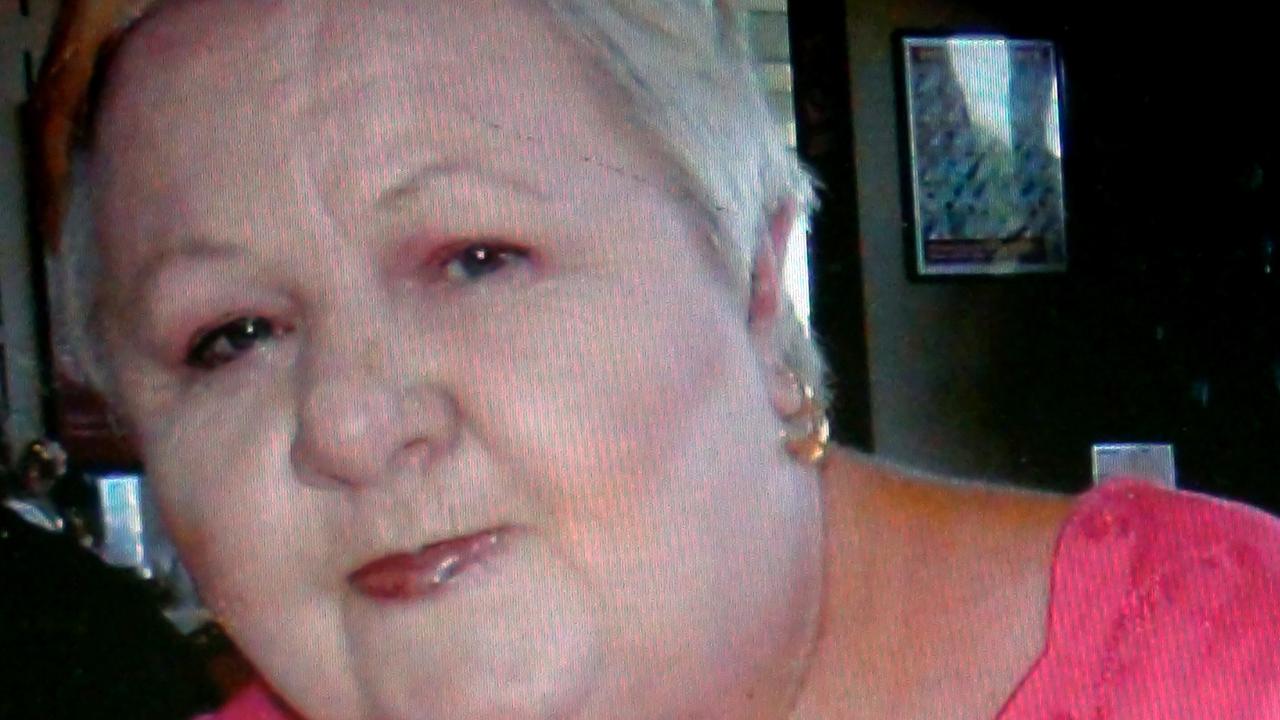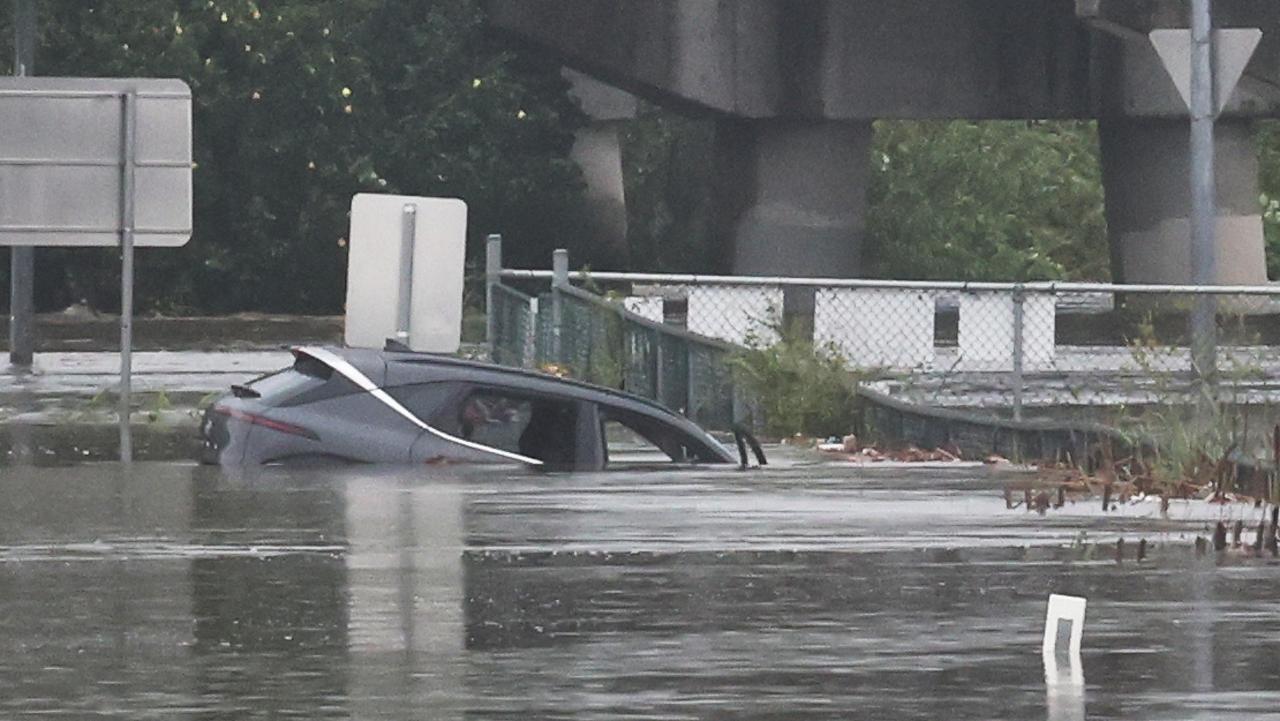The Christmas storm event which smashed the Coast was not a tornado but a ‘derecho’
The Christmas extreme weather event was not a tornado, but rather an entirely unique type of devastating storm. Find out the details.
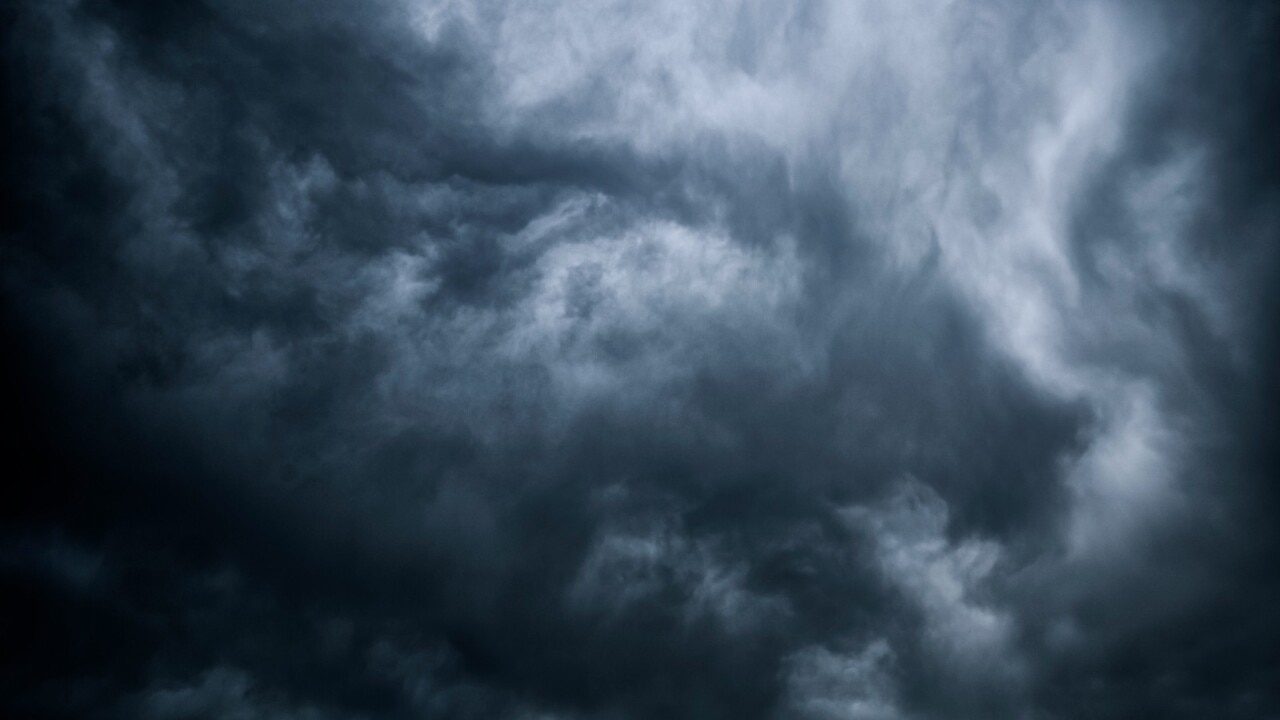
Gold Coast
Don't miss out on the headlines from Gold Coast. Followed categories will be added to My News.
The Christmas night extreme weather event was not a tornado but a “derecho” where a fast moving straight line of thunderstorms smashed the northern Gold Coast, latest research shows.
Councillors in a closed session when briefed about a new five-year weather resilience plan called Program Air were given the final verdict on the “thunderstorm event”.
Residents in the city’s north who witnessed cyclonic winds of up to 160km/h destroy their properties were convinced a tornado had ripped through their homes.
But analysis by external consultants Weather Watch explains the most likely cause of the event was “straight line winds, in what was likely a derecho event”.
The straight line wind storm is created by a fast moving group of severe thunderstorms which could include “embedded vortexes” – where a rotating column of air and water occurs.
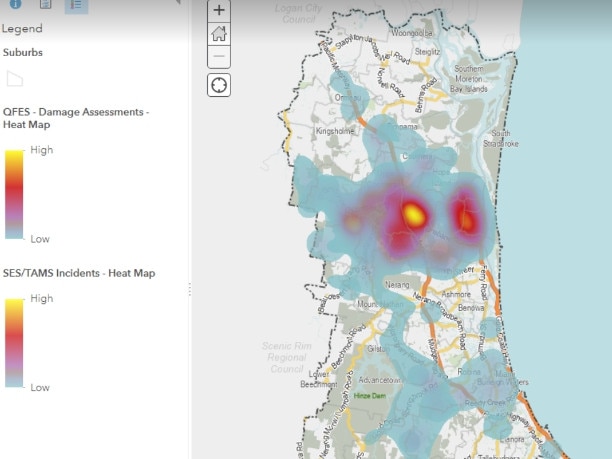
The confidential report, now publicly available, shows in a sudden hit, properties were drenched with 53mm of rain along with thousands of lightning strikes and hail.
The Bulletin understands the damage path and width of the storm event was too extensive to be deemed a tornado.
Extensive damage occurred on the western side of ridges, which supports a straight line wind event similar to a “derecho”.
But researchers cannot rule out there were embedded vortexes or tornadoes within the front of the system, given severe damage in some suburbs.
Lifestyle committee chair Glenn Tozer said heavy weather events were notoriously unique each time the city was impacted.
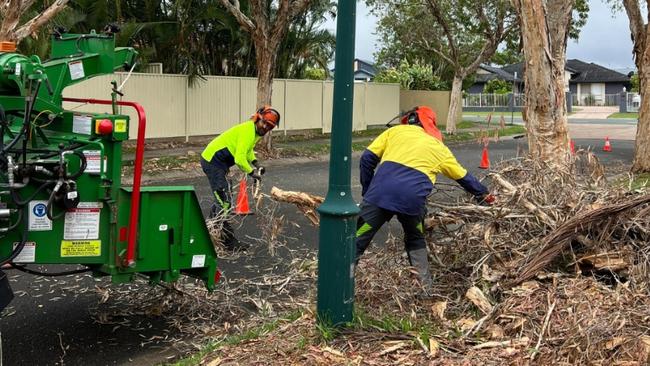
“The technical definition of a ‘derecho’ is most suitable to describe what occurred for us but it is not inconceivable that elements of the storm meet definition for vortexes and mini-tornadoes. Lots of unique elements came together over those nights to produce the damage we experienced,” he said.
The report to council shows the most extensive infrastructure damage was in a 3-4km area in the northern suburbs.
About 130,000 homes lost power with 100 power poles and 50km of power lines brought down.
New map shows where the most intense property damage occurred in Christmas Eve super storm
About 20km of the network had to be rebuilt around Mt Tamborine. Almost 1000 homes and businesses were damaged, with 145 sustaining severe hits and 10 destroyed.
Cr Tozer said the final costs for infrastructure damage for the City from the Christmas-New Year event would be provided in an update in the next six to eight weeks.
“We expect it will be around the $18m mark but more time is required to confirm that,” he said.
The insurance bill for the entire southeast Queensland region totalled almost $1.8 billion.

Asked what the City had learned for the event, Cr Tozer said a comprehensive assessment was being completed which would be considered as part of future discussions at council.
“There was lots to learn but we also realised how well equipped we are to lead the way when it comes to unique and destructive events like this one. Communication to the public is an area of some focus, as well scenario drilling for our teams,” he said.
Cr Tozer said the City was moving forward with Program Air, a strategic piece of work which involves training, facility management, and development of more resilient buildings and assets to assist the city when major weather events occur.
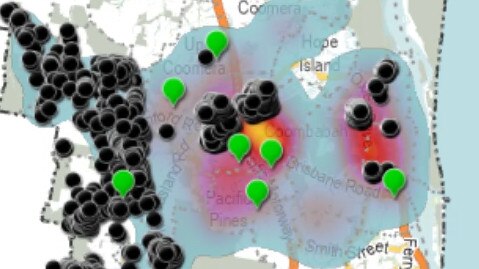
During the five-year program, consideration will be given to designing new facilities for shelters, help to produce a communication and education program and advocating for more resilient building standards as the Coast faces more cyclonic events.
“We’ve been bold with our funding allocation over coming years to ensure we can be agile, but focused, with our approach. I’m looking forward to robust dialogue with my colleagues as we work with officers to get the best possible outcomes,” Cr Tozer said.




